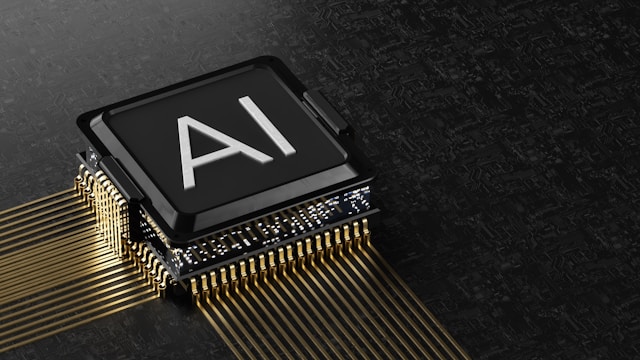When developing a security strategy, consider the specifics of the blockchain architecture. Understanding the vulnerabilities that attackers exploit will help you better assess vulnerabilities and identify solutions to address them. The following measures can help protect against attacks, or in the worst case scenario, mitigate them.
Blockchain-specific governance
Blockchain is a combination of distributed ledger and blockchain data structure based on cryptographic connectivity. It helps to maintain the integrity and availability of information. However, the public blockchain network has a privacy problem. To solve it, the private blockchain model has emerged.
Private (private) blockchain has a different architecture. It uses a network access model where only strictly defined participants can make changes to the registry. The network has an operator, so it remains distributed, but can no longer be considered decentralized. This increases the confidentiality of records, because access is granted according to security policies.
There are also hybrid blockchains, where records from a private network are duplicated in a public blockchain.
On-net and off-net data security
Data minimization is a common practice for determining what data is stored on the blockchain. In addition to it, additional security measures should be applied to other objects:
- cryptographic algorithms;
- keys;
- consensus algorithms;
- smart contracts;
- network nodes.
All of these elements can be the target of attacks.
Blockchain network security
Blockchain uses network connections to interact with external networks. The technology is inextricably linked to IT infrastructure, databases, servers. Each of these elements has vulnerabilities, so blockchain is susceptible to potential non-specific threats. A security strategy should include verification of nodes and protocols, service providers.
Blockchain application security
Access to data is often realized through applications. They also represent a weakness and can be the target of an attack. Careful identification of users will help protect applications. In private blockchains, different levels of access, whitelists of users can be implemented.
Security of smart contracts
Smart contracts empower blockchain, but also create new attack vectors. A smart contract is signed using methods similar to transaction signatures and placed in a specific block of the data chain. On a public network, a smart contract can be accessed by any user who knows its address. Vulnerabilities can vary:
- code errors;
- incorrect contract logic;
- the specific blockchain environment in which the contract is executed.
The immutability principle often prevents errors from being quickly corrected because the contract is already posted on the blockchain network. Auditing smart contracts helps improve security.
Interoperability
As the blockchain grows, its infrastructure expands. Interfaces and systems become more difficult to control and interoperability issues can arise. As a result, security errors occur in different parts of the system, which can lead to unauthorized transactions and data manipulation.
Use of privacy enhancing technologies
Today, more and more methods are emerging to enhance privacy while keeping the blockchain attractive to businesses. One such method is the Panther Protocol. This is an end-to-end privacy protocol that connects blockchains. It allows privacy to be restored to Web3 and DeFi. The protocol uses selective disclosure of private information and zero-disclosure proofs.
Other techniques to improve security include differential privacy, independent identity protocols, and the use of synthetic data for modeling.
Utilize trusted auditors and third parties
Thorough auditing is an effective way to find vulnerabilities in blockchain and smart contracts. Such audits should be conducted by competent organizations with a high level of trust from customers. H-X Technologies conducts security compliance audits, smart contract audits and source code audits.
Conclusion
Due to its distributed and decentralized nature, blockchain has a lot of advantages for businesses. However, these same principles leave quite a few vulnerabilities that are often exploited by attackers. A sound security strategy and regular audits can help combat attacks.





